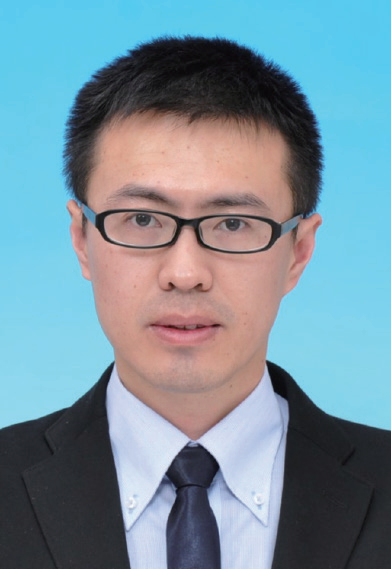Zhilei Wang, Jianxin Xie
University of Science and Technology Beijing, Key Laboratory for Advanced Materials
Processing (MOE), Beijing, 100083, China
EXTENDED ABSTRACT: Digital twin integrates the use of perception, computation, modeling and other information technologies to simulate physical entities in real time through digital models to describe, diagnose, predict, and make decisions, and then realize the real-time interactive mapping of physical space and information space. The development of smart sensors, 5G and other technologies has made the acquisition and transmission of data more efficient. However, the development of digital twin key technologies still faces some major challenges. Breaking through the challenges of standardization of multivariate heterogeneous data, real-time mapping of physical space and information space, and adaptive interaction of virtual and real space are the keys to building digital twin technology.
Casting, forging and 3D printing of metal materials are the basic key technologies for the manufacture of key metal components for aerospace, modem transportation, ocean engineering and other high-end equipment, but the processing and forming process of metal components is complex Intelligent processing technology with digital twin system as the core, can realize the whole process of forming, cross-scale, real-time simulation, intelligent control of processing technology under time-varying disturbing working conditions and adaptive operation and maintenance of production lines, so as to improve product qualification rate and comprehensive efficiency of production. The development of digital twin processing technology for metal materials can be divided into three steps "fast, accurate, precise and efficient material design ----* precise material manufacturing ----* intelligent production line operation and maintenance". It is an important way to promote the development of new materials research and development and manufacturing digital, intelligent development.
Keywords: Intelligent manufacturing; digital twin; metal material processing

Wang Zhilei is an associate professor at University of Science and Technology Beijing. He graduated with a PhD from Tottori University, Japan in 2016, conducted postdoctoral research and worked as an assistant professor at Nagoya University from 2016-2022, and joined USTB in 2022. His main research interests include theory and technology of intelligent processing of metallic materials, data-driven material design and development and preparation of highperformance the皿oelectric materials. Relevant academic achievements have been published in 48 papers in Materials Today Physics, Scripta Materialia, Materials Science and Engineering A and other internationally recognized materials science journals. He has received one first prize of Science and Technology Progress Award from the Japan Society of Powder Metallurgy, and has applied for two Chinese invention patents. Currently, he is presiding over one sub-project of the National Key Research and Development Program, one open project of the State Key Laboratory, one project of the Special Talent Project of USTB, and one project of the National Key Research and Development Program, etc.